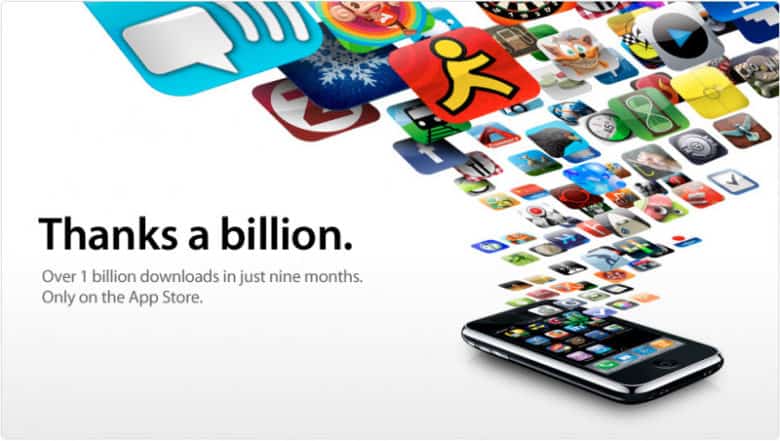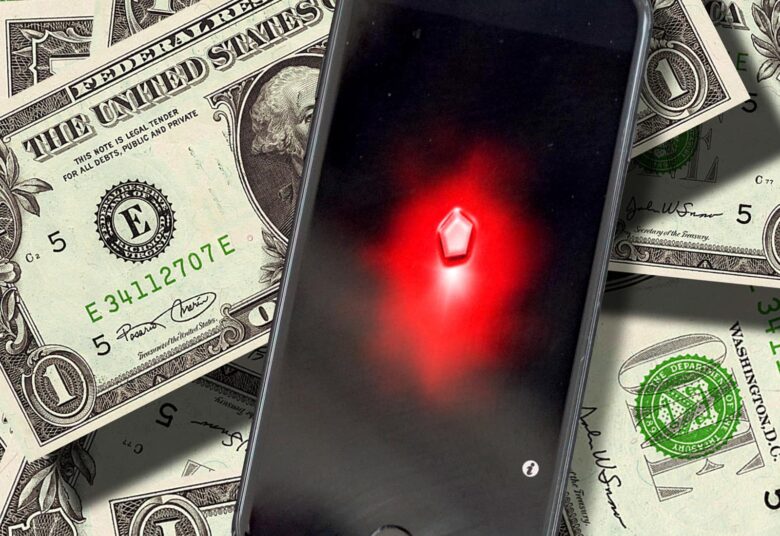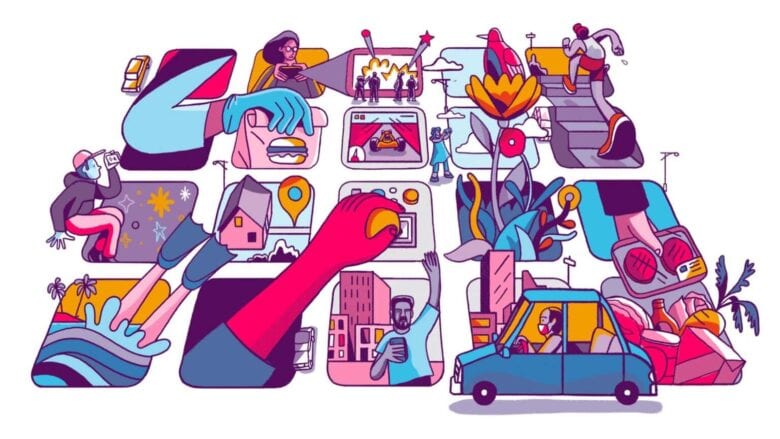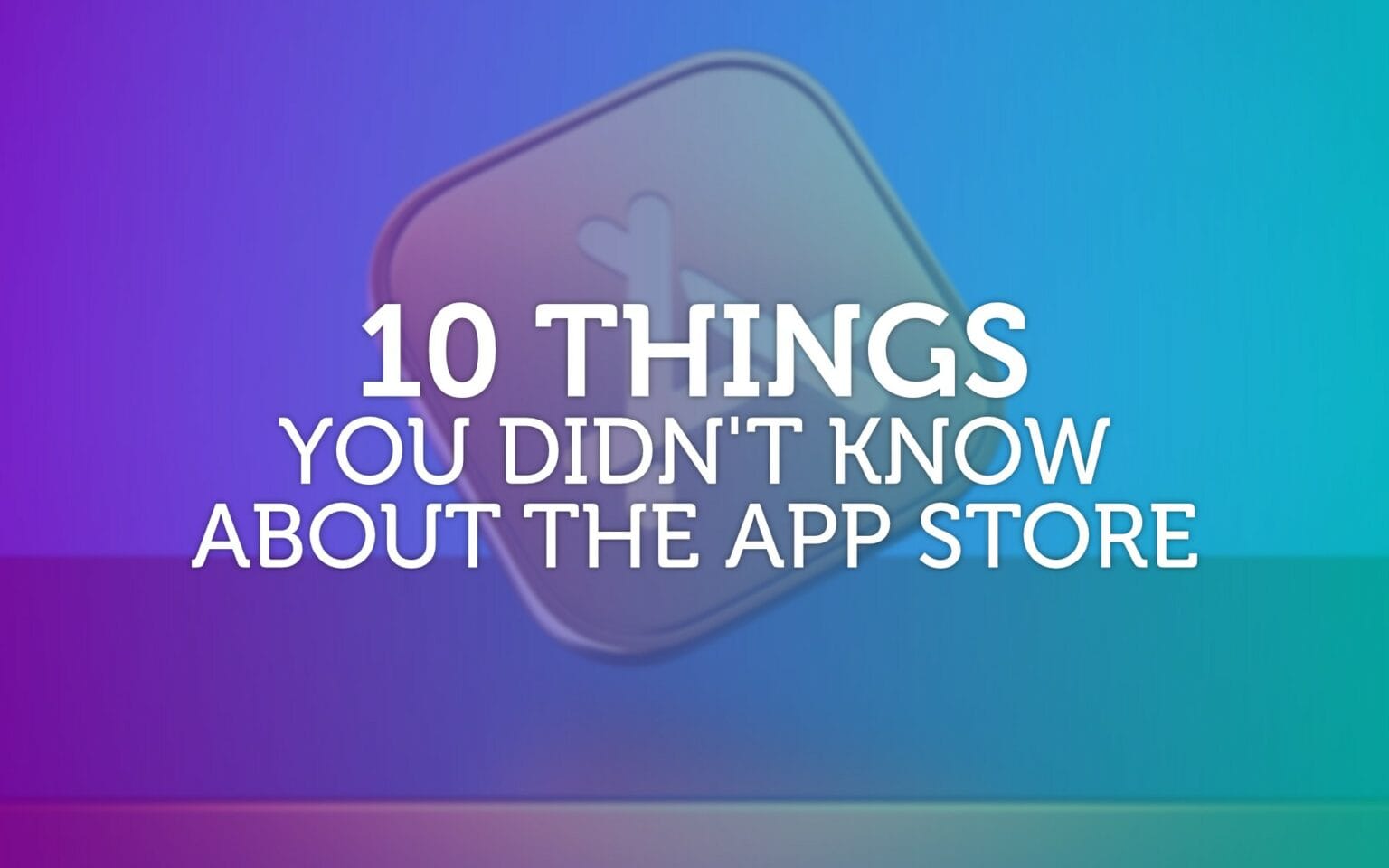Do you remember the world of software distribution before the App Store? It was a fragmented nightmare that made it very difficult for many companies, particularly smaller ones, to get their products out. The App Store changed all that, while also showing the world that the iPhone could have a different “killer app” depending on the user.
With today marking the App Store’s birthday, here are 10 factoids you (probably) didn’t know about Apple’s mobile app marketplace.
App Store trivia
The iPhone didn’t launch with an App Store
The App Store is, today, a central part of the iPhone experience. But the iPhone didn’t launch with an App Store. Steve Jobs initially didn’t like the idea. He worried that letting third-party apps on the iPhone would lower quality control. Phil Schiller and Apple board member Art Levinson lobbied Jobs to change his mind, and eventually won him over. In March 2008, Apple finally announced the start of what became the iPhone Developer Program.
The App Store launched with just 500 apps
Today, there are more than 2 million apps in the App Store. But when the App Store launched on July 10, 2008, it did so with only 500 apps. While the total iOS user base was, admittedly, smaller, it nonetheless meant that devs who got in on the ground floor of the App Store frequently did exceptionally well. One example: Trism, an early iPhone puzzle game that initially sold for $5, netted its 28-year-old creator, Steve Demeter, $250,000 within two months. The game cost just $500 to develop.

Photo: Apple
The billionth app
It took Apple almost 10 years to sell its 1 billionth iPhone. But reaching that milestone for app downloads took considerably less time. The App Store’s billionth app was downloaded on April 24, 2009. That was just nine months after the App Store launched. The downloader of the billionth app was 13-year-old Connor Mulcahey of Weston, Connecticut. The app he downloaded was peer-to-peer file sharing app Bump. As part of a “1 Billion App Countdown,” Apple sent him a $10,000 iTunes gift card, a 32GB iPod touch, a Time Capsule and a 17-inch MacBook Pro.
There are some very pricey apps out there
Over the years, apps have gotten progressively cheaper. As the numbers have increased, prices have been driven down to the point where free, ad-supported apps have become the norm. Still, not every app is inexpensive. The App Store still houses a few apps with surprisingly large price tags. CyberTuner, a piano-tuning app, costs $999 plus in-app purchases. So does iVIP Black, the app for a curated luxury service that gives users special deals on everything from yachts to butlers.
Whether these apps are worth it depends very much on their individual quality. In some cases, like the piano-tuning app, it gets great reviews and likely has to charge a decent clip to make up for the fact that it gets comparatively few downloads. In other cases, it’s … well, probably just to show that people can afford a $1,000 app. As with the classic I Am Rich app.

Photo: Ste Smith/Cult of Mac
Apple doesn’t own ‘App Store’
Yes, Apple owns the iOS App Store. But it doesn’t own the term “App Store.” In 2011, Apple sued Amazon over its use of the term “Appstore.” Apple had trademarked “App Store” in early 2010. “We’ve asked Amazon not to copy the App Store name because it will confuse and mislead customers,” Apple spokeswoman Kristin Huguet told Bloomberg at the time. Ultimately, a district judge agreed with Amazon, saying that Apple could show no evidence that it had been hurt as a result of the rival app store.
The average iPhone user spends $100 in the App Store each year
According to app analytics firm Sensor Tower, U.S. iPhone users spent an average of $100 on in-app purchases and premium apps in the App Store in 2019. This does not cover payments made using retail apps like Amazon, ride-sharing apps such as Uber, or any other payments not processed through Apple. The figure rose $21 from the $79 average users spent in 2018.
Apple paid out more than $155 billion in software sales
The App Store might have generated a whole lot of cash for Apple, but it’s generated even more than that for developers. Through the end of 2019, Apple paid devs more than $155 billion for software sales, the company said earlier this year. And the overall app economy — covering everything from streaming services to grocery deliveries paid for through the App Store — is considerably bigger than that.

Photo: Apple
Apple hurts its own apps in the App Store
You might expect that App Store search results would constantly push you to buy official Apple apps. Not so. With two-thirds of App Store downloads reportedly starting with a search, Cupertino adjusted its algorithms to stop its own apps from dominating the results list. This is a relatively recent amendment. But there is a good reason for it …
The App Store is Apple’s antitrust weakness
Apple may be the world’s most valuable tech giant, but it’s not actually a market leader in any area. Windows PCs outnumber Macs, Spotify beats Apple Music on subscribers, Android handsets easily out-marketshare iPhones, and so on. When it comes to antitrust regulations, the one area Apple could fall afoul of the law might be the App Store. A recent study by the Yale Law Journal, titled “The Antitrust Case Against Apple,” argues that the app ecosystem allows Apple to gain an unfair advantage. According to the study, the company’s App Store practices raise prices and reduce innovation. A reported U.S. antitrust investigation could test this idea.
Facebook is the most downloaded app in App Store history
While TikTok dominates the App Store at present, Facebook is the all-time champion. Given the main Facebook app’s enormous user base, that’s perhaps not much of a shocker. But other Facebook-owned apps — including Messenger, WhatsApp and Instagram — also do incredibly well on the download charts. Come to think of it, Mark Zuckerberg might be the real winner of the App Store.
Any more App Store trivia?
Have any more App Store trivia up your sleeve? What’s the first app you ever downloaded? How do you think the App Store has changed the world of software in the past 12 years? Let us know your thoughts in the comments below.


